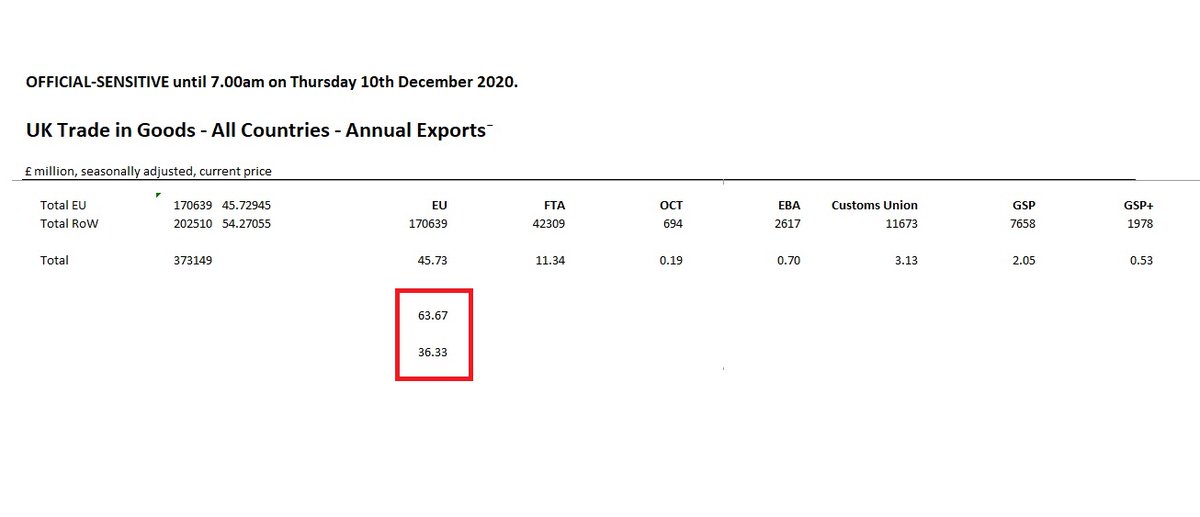
Idea:
Businesses advertise their adherence to current standards and workers rights by adopting a Flag of Europe mark.
Businesses advertise their adherence to current standards and workers rights by adopting a Flag of Europe mark.
https://twitter.com/hendopolis/status/1349824358978609156
Customers will know, for example, that their data is safe under GDPR.
Potential employees will know the company respect their rights more than the Peruvian immigrant with a plummy voice who hasn't done a hard days work in his deceitful sad little life.
It will also go a long way to annoying the people who sought to damage our standards.
Finally, by defining an EU industrial standard, we instigate a very visual campaign to re-join.
• • •
Missing some Tweet in this thread? You can try to
force a refresh



